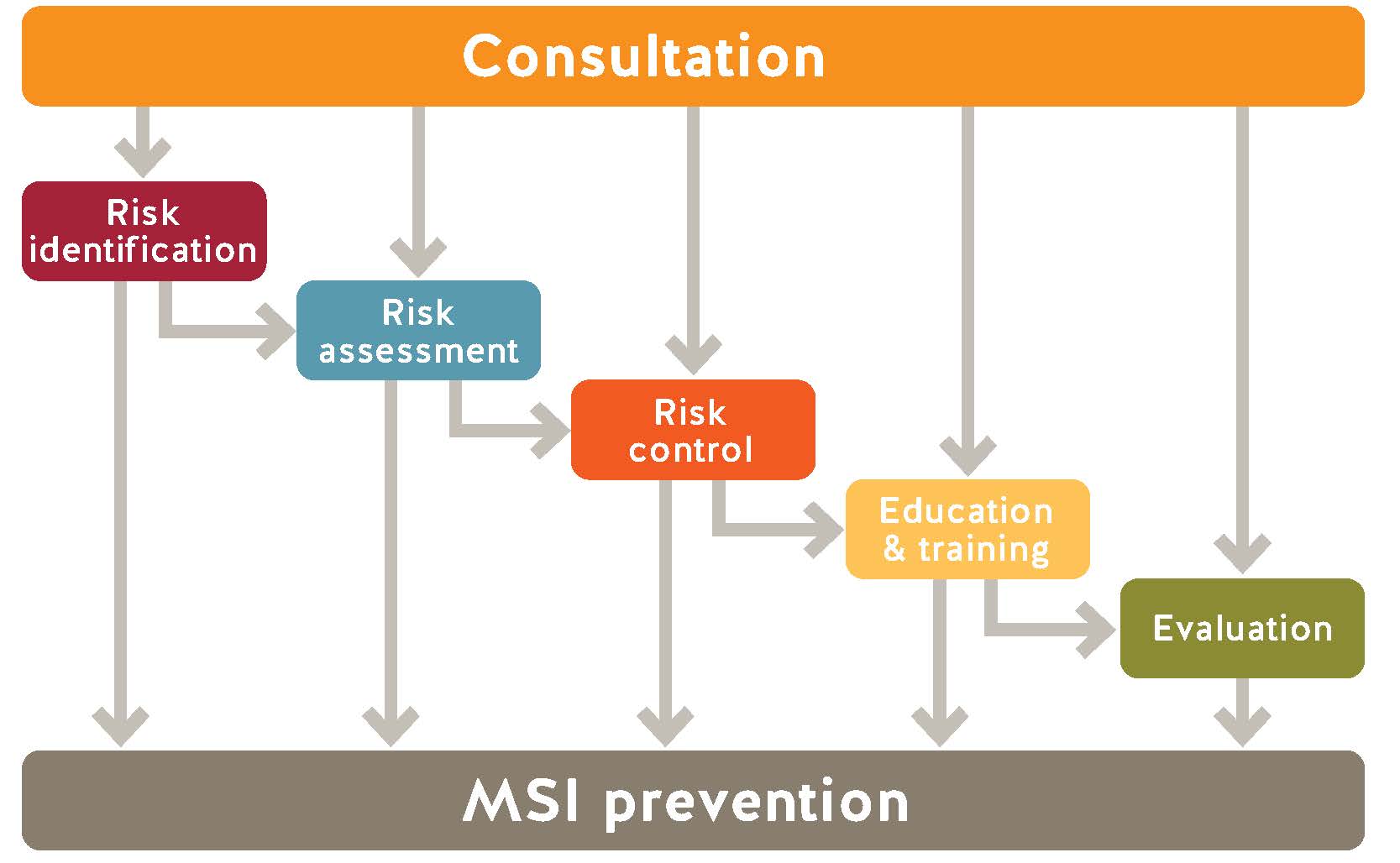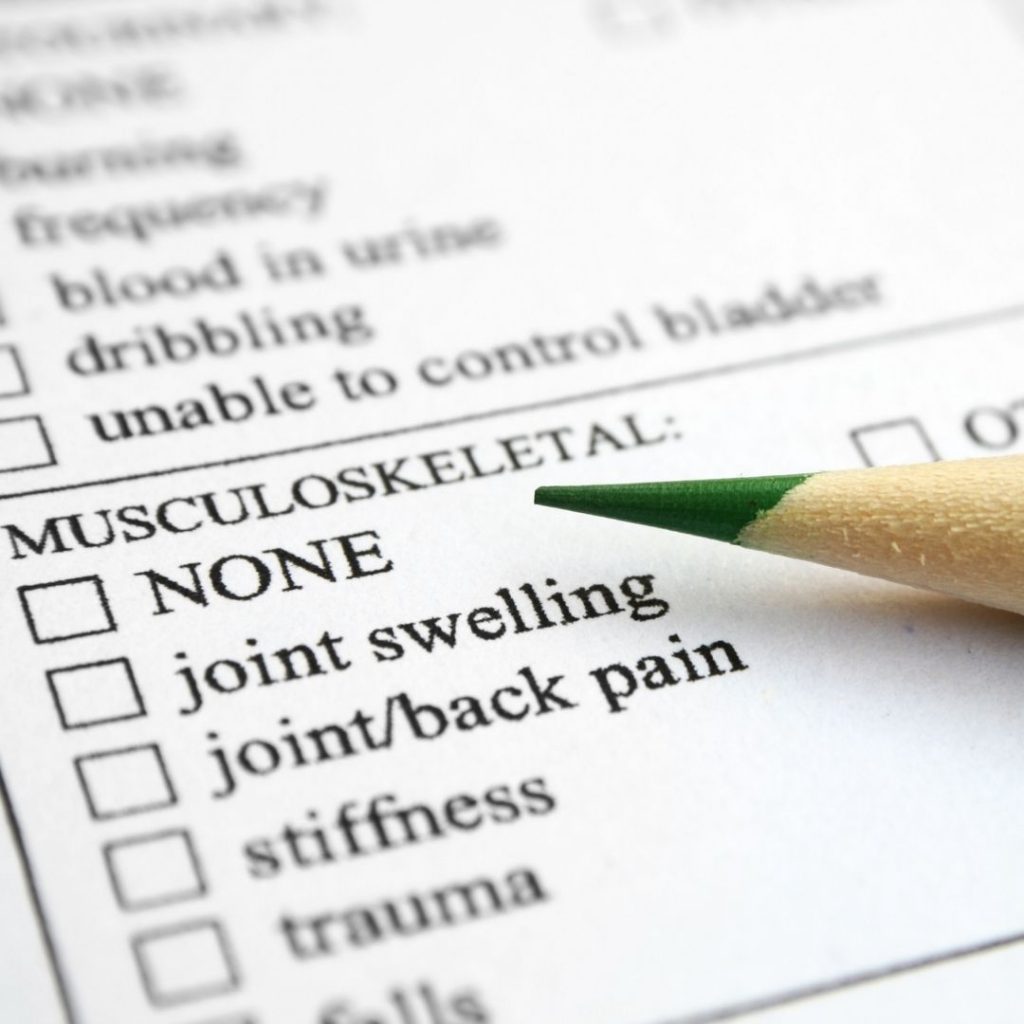Musculoskeletal injuries (MSIs) account for about 30 percent of all workplace injury claims.
These injuries are often associated with long recovery times, which increases their impact and cost to the workplace. A proactive approach to reducing MSIs in the workplace can help reduce injuries, improve productivity, and create a safer work environment.
What are musculoskeletal Injuries? Musculoskeletal injuries are injuries to soft tissues — muscles, tendons, ligaments, joints, nerves, and blood vessels. Often referred to as strains and sprains, they result from exposure to MSI risk factors in the workplace. MSI risk factors include things like force, repetition, awkward posture, contact stress, and vibration.
How will preventing MSIs benefit my workplace? Effective implementation of risk controls for MSI will improve the fit between workers and their workplace. The benefits include:
– A safer work environment
– Reduced worker injuries and time off
– Increased efficiency and productivity
– Increased job satisfaction and morale
How can MSIs be prevented? To effectively prevent MSIs, a risk management approach is needed. Risk management includes risk identification, risk assessment, risk control, and evaluation (see Figure 1 below). It’s also essential to consult with workers throughout the risk management process. Workers need to know the signs and symptoms of MSI, the health effects of MSIs, and how to identify risk factors in their tasks or jobs. Increased worker awareness, along with employer support for early reporting of signs and symptoms can reduce the risk of injury.

Read more
We’re here to help
For resources, please visit worksafebc.com/ergonomics. If you have questions about ergonomics, human factors or need help managing the risk of MSI in your workplace, please contact us at AskAnErgo@worksafebc.com
